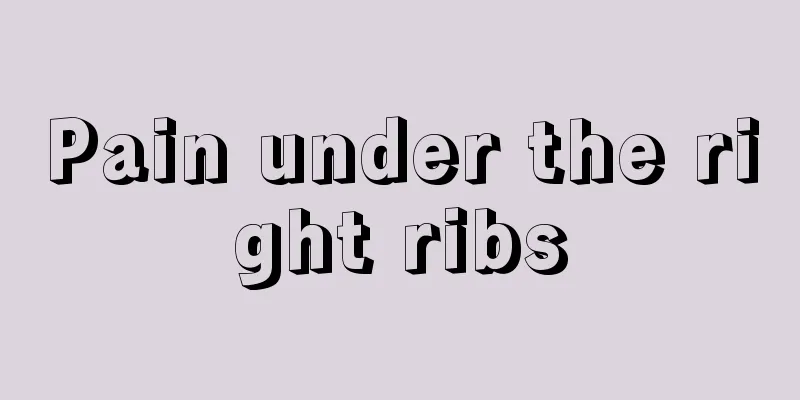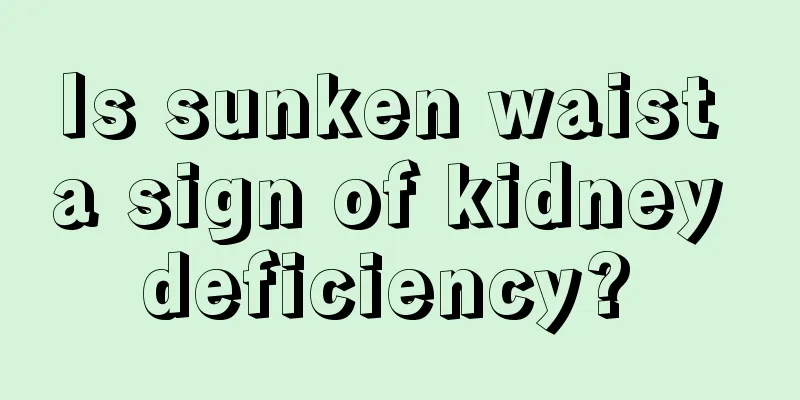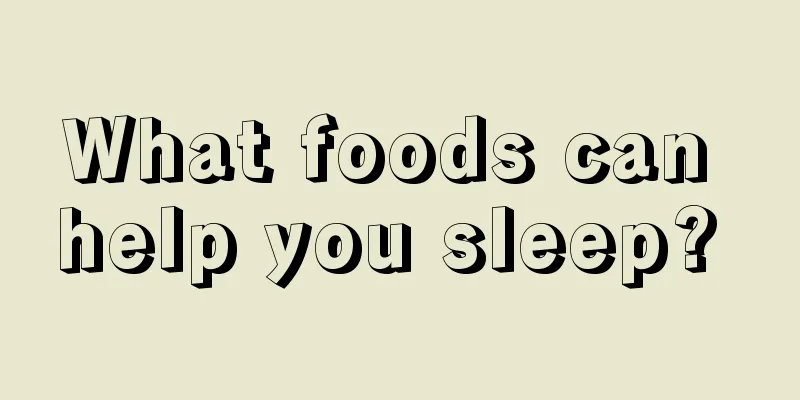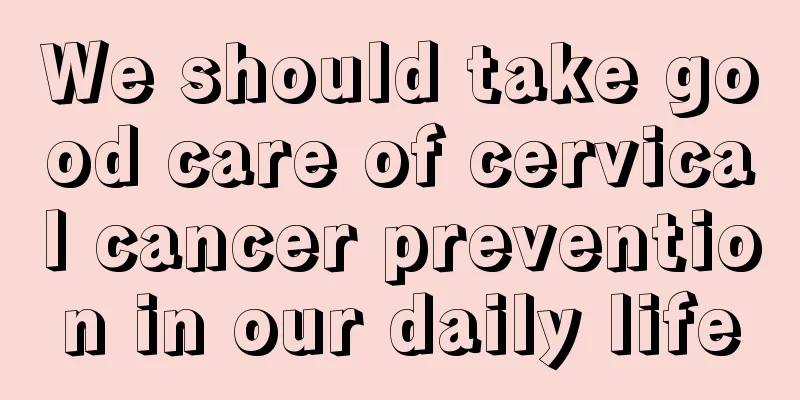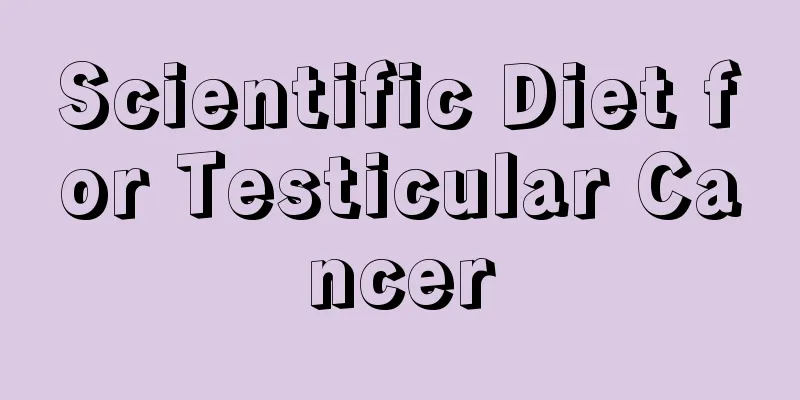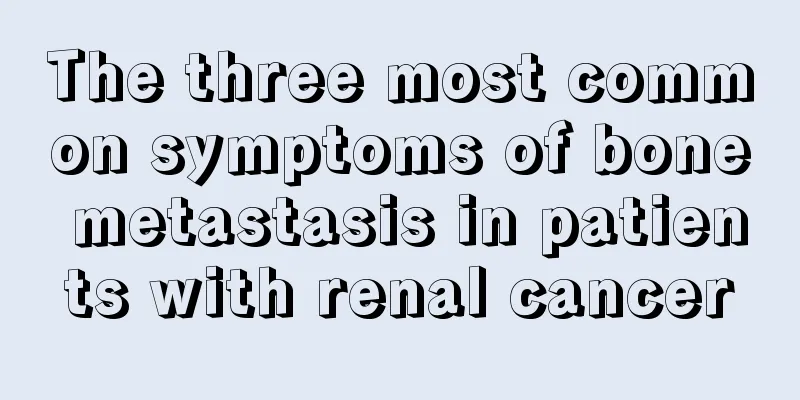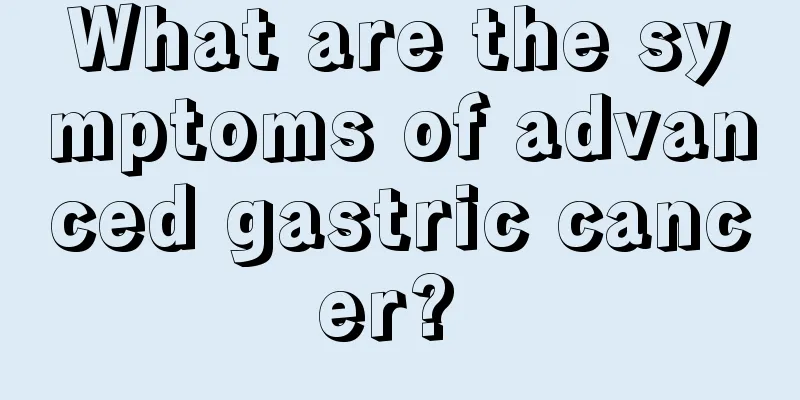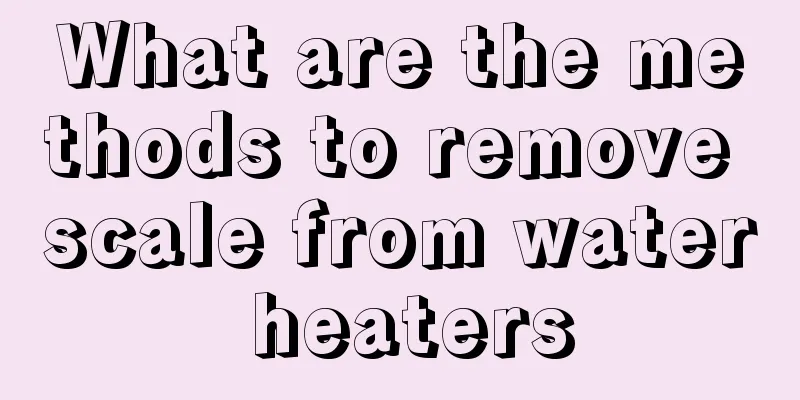Is supraventricular tachycardia dangerous? Sustained attacks are very harmful
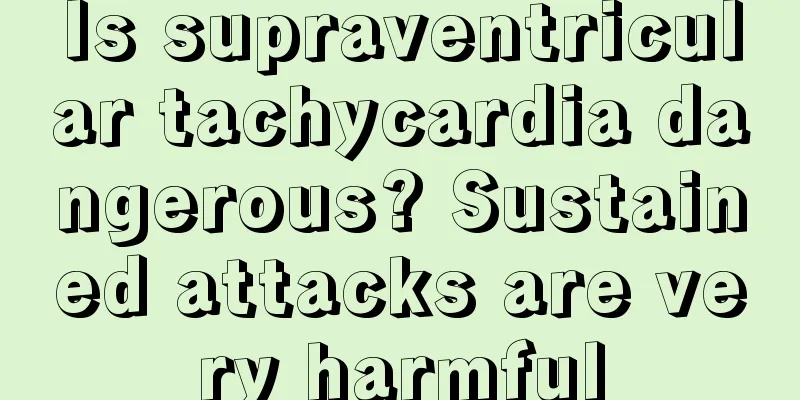
|
Supraventricular tachycardia is mostly caused by some organic heart diseases, such as coronary heart disease, cardiomyopathy, and acute myocardial infarction. If this disease recurs repeatedly, it will cause great harm and affect life safety, so it requires timely drug treatment. 1. Is supraventricular tachycardia dangerous? 1. Supraventricular tachycardia is common in people without organic heart disease, and can also be seen in people with rheumatic heart disease, mitral stenosis, coronary heart disease, hypertension, hyperthyroidism, cardiomyopathy and preexcitation syndrome. Paroxysmal supraventricular tachycardia with atrioventricular block is common in cases of digitalis overdose, hypoxia due to cor pulmonale, and hypokalemia. 2. The attack is characterized by sudden onset and sudden termination, with a heart rate usually between 160 and 250 beats per minute. The heart rhythm of supraventricular cases is absolutely regular, while that of ventricular cases may be slightly irregular. Mechanical methods and drugs that stimulate the vagus nerve are often effective for supraventricular cases. 3. Most patients experience palpitations, chest tightness, shortness of breath, fatigue, chest pain, etc. Those with prolonged attacks may suffer from shock and heart failure. Coronary heart disease may lead to angina pectoris and myocardial infarction. Torsades de pointes ventricular tachycardia often presents as short, recurrent attacks, which may cause repeated syncope or convulsions. 2. Treatment during the attack period: (1) Methods of stimulating the vagus nerve: the diving reflex, pharyngeal stimulation, carotid sinus massage, eye pressure, etc. can terminate the attack. (2) Pressor drugs: phenylephrine or methoxamine, systolic blood pressure ≯20.8~23.4kPa. Once the tachycardia stops, stop taking the drug. (3) Digitalis drugs. (4) Propranolol: It is contraindicated for patients with severe atrioventricular block, asthma and heart failure. (5) Verapamil: This drug has a rapid onset of action, with a cardioversion rate of 92-96% within 5 minutes. Side effects include decreased blood pressure, cardiac arrest, and atrioventricular block. 10% calcium gluconate should be available to antagonize its serious adverse reactions and should be used with caution in infants. (6) Propranolol: This drug has a rapid onset of action, a high cardioversion rate, and is relatively safe. (7) ATP: The initial dose should be small, especially for older children. (8) Esophageal pacing and electric cardioversion. |
<<: What causes cramps? What causes cramps while sleeping?
>>: How to reduce swelling faster in mumps
Recommend
What are the symptoms of submandibular lymphoma
Lymphoma is a common disease in clinical practice...
Can lychee and mango be eaten together
Lychee and mango are two common fruits in our liv...
Ten ways to improve your memory
Memory is the reflection of past experiences in t...
Effective ways to prevent glioma in daily life
Glioma is a common brain tumor disease in modern ...
How to choose a hearing aid_How do the elderly choose a hearing aid
Nowadays, people often need to use hearing aids t...
Why does drinking cold beer cause diarrhea?
Beer is a common alcoholic beverage in our lives ...
How to use Sinocare blood glucose meter?
Many people are suffering from high blood sugar. ...
Which hospital is good for treating colon cancer
In our society today, more and more people are su...
Is carbon harmful to the human body?
As we all know, carbon is a colorless and lightle...
Specific method of making aloe vera skin infusion by yourself
Aloe vera skin care is a popular beauty care meth...
How long does radiotherapy for breast cancer last?
Generally speaking, if it is breast cancer, it is...
How to prevent allergic rhinitis turns out to be these 6 habits
Spring is the season when all things come back to...
Tips for washing your hair after double eyelid surgery
Friends who have had double eyelid surgery must k...
The best hospital for endometrial cancer in China
Which is the best hospital for the treatment of e...
Can acupuncture detoxify?
People grow up eating whole grains, so it is inev...
